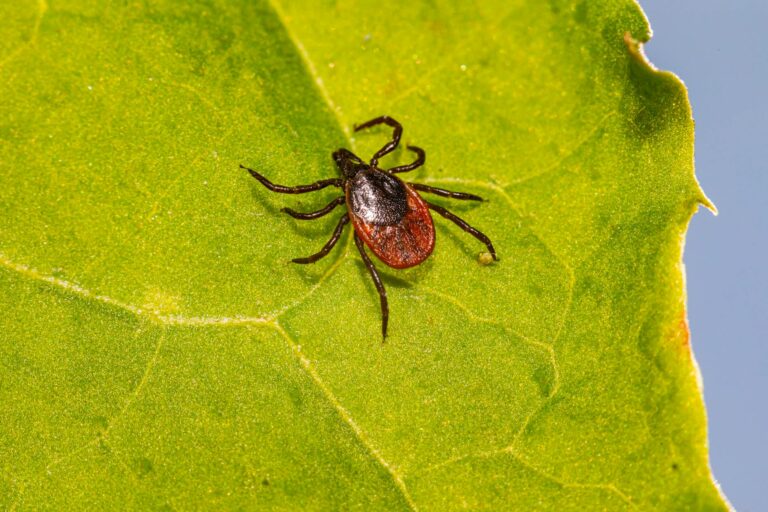Beans are a staple food in many countries and cultures, and for good reason. They are affordable, nutritious, and can be incorporated into a variety of dishes. But did you know that beans may also have a positive impact on brain health? Recent studies have shown that incorporating beans into your meals may help prevent dementia, a cognitive decline that affects millions of people worldwide.
Dementia is a broad term used to describe a decline in cognitive function, such as memory, thinking, and reasoning, that is severe enough to interfere with daily life. It is often associated with aging, but there are various types of dementia, and it can affect people of all ages. The most common type is Alzheimer’s disease, which accounts for 60-80% of dementia cases. Currently, there is no cure for dementia, making prevention crucial.
Beans, including black beans, kidney beans, chickpeas, and lentils, are a rich source of plant-based protein, fiber, and various vitamins and minerals. They have been a dietary staple for centuries and are a significant part of traditional diets in many cultures. But it’s not just their nutritional value that makes beans a beneficial addition to your meals; they also contain compounds that may help prevent dementia.
One of the key components of beans is their high levels of antioxidants. Antioxidants are molecules that help neutralize harmful free radicals in the body, which can damage cells and lead to chronic diseases. In particular, beans are rich in flavonoids and polyphenols, two types of antioxidants that have been linked to improved brain health and reduced risk of dementia.
In a study conducted by Rush University Medical Center, researchers found that people who regularly consumed foods high in flavonoids had a 50% lower risk of developing Alzheimer’s disease compared to those who had a lower intake. Similarly, a study published in the Journal of Alzheimer’s Disease reported that polyphenol-rich foods, such as beans, may have protective effects against cognitive decline and dementia.
Fiber is another crucial component of beans that may contribute to their brain-boosting benefits. Fiber is essential for maintaining a healthy gut microbiome, which plays a significant role in brain health. The gut microbiome is a complex community of microorganisms that reside in the digestive tract and communicate with the central nervous system. Research has shown that imbalances in the gut microbiome have been linked to an increased risk of dementia.
Furthermore, the fiber found in beans can also help regulate blood sugar levels. High blood sugar levels have been linked to an increased risk of cognitive decline and dementia. By keeping blood sugar levels stable, beans can help protect against these conditions.
Incorporating beans into your meals is easy and convenient. Here are some simple ways to add more beans to your diet:
1. Swap out meat with beans: Instead of using meat as the main protein source in your meals, try replacing it with beans. For example, you could make a vegetarian chili using black beans instead of ground beef.
2. Add beans to salads: Beans are a great addition to any salad, adding texture, flavor, and nutrients. You can use canned beans or cook them from scratch and add them to your favorite salad mix.
3. Use beans as a base for dips: Hummus, a dip made from chickpeas, has become increasingly popular in recent years. But you can also make dips using other beans, such as black bean dip or white bean dip. These can be enjoyed with vegetables or whole-grain crackers as a healthy snack.
4. Blend beans into smoothies: While this may sound strange, blending beans into smoothies is a great way to add extra protein and fiber to your drink without altering the taste significantly. Try adding a handful of cooked white beans to your next fruit smoothie.
In conclusion, incorporating beans into your meals may have a positive impact on brain health and help prevent dementia. With their high levels of antioxidants, fiber, and other essential nutrients, beans offer a range of benefits for the body and mind. So why not try adding more beans to your diet and reap the potential rewards for your brain health? Your taste buds and brain will thank you.





